In the realm of electrical engineering, capacitors play a pivotal role in shaping the behavior and functionality of circuits. Understanding how a capacitor affects a circuit is crucial for designing efficient and reliable electronic systems. This article delves into the intricate workings of capacitors, exploring their impact on circuit dynamics and shedding light on their practical applications.
- Capacitance and Energy Storage:
At its core, a capacitor is an electronic component that stores electrical energy in an electric field. Its ability to store and release energy makes it a vital element in various electronic devices. Capacitance, measured in farads (F), quantifies a capacitor's ability to store charge. The larger the capacitance, the more charge a capacitor can store, and consequently, the more energy it can hold. - Filtering and Smoothing:
One of the primary functions of capacitors in circuits is to filter out unwanted noise and fluctuations. By acting as a low-pass filter, capacitors allow low-frequency signals to pass through while attenuating high-frequency components. This property is extensively utilized in power supply circuits to smooth out voltage ripples and stabilize the output. - Timing and Oscillation:
Capacitors also influence the timing and oscillation characteristics of circuits. When combined with resistors, capacitors can create time delays, enabling precise control over circuit operation. Additionally, capacitors are integral to the functioning of oscillators, where they facilitate the generation of periodic waveforms by charging and discharging at specific rates. - Coupling and Decoupling:
In electronic systems with multiple interconnected circuits, capacitors serve as coupling and decoupling elements. Coupling capacitors allow the transfer of AC signals between stages while blocking DC components, ensuring proper signal transmission. On the other hand, decoupling capacitors act as energy reservoirs, supplying instantaneous current demands and minimizing voltage fluctuations caused by rapidly changing loads. - Power Factor Correction:
Capacitors find extensive use in power factor correction (PFC) circuits. PFC capacitors are employed to counteract the reactive power in inductive loads, improving the overall power factor of the system. By reducing reactive power, PFC capacitors enhance energy efficiency, reduce power losses, and alleviate strain on power distribution networks.
Conclusion:
The impact of capacitors on circuit behavior is multifaceted and far-reaching. From energy storage and filtering to timing control and power factor correction, capacitors play a vital role in shaping circuit dynamics. By understanding the intricacies of capacitors and their applications, engineers can design circuits that are efficient, reliable, and optimized for specific functionalities.

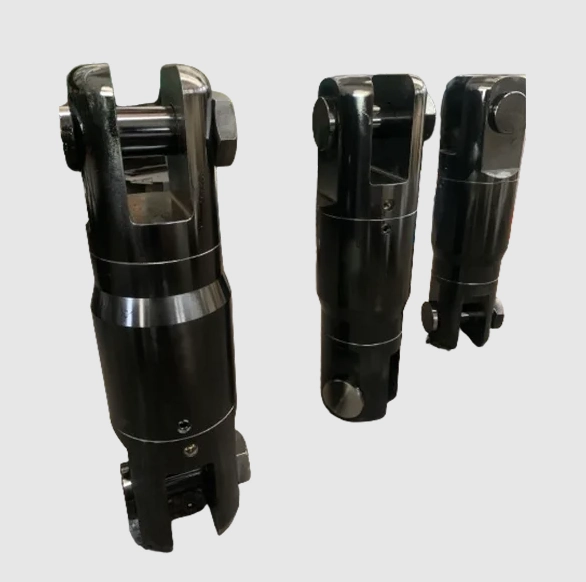
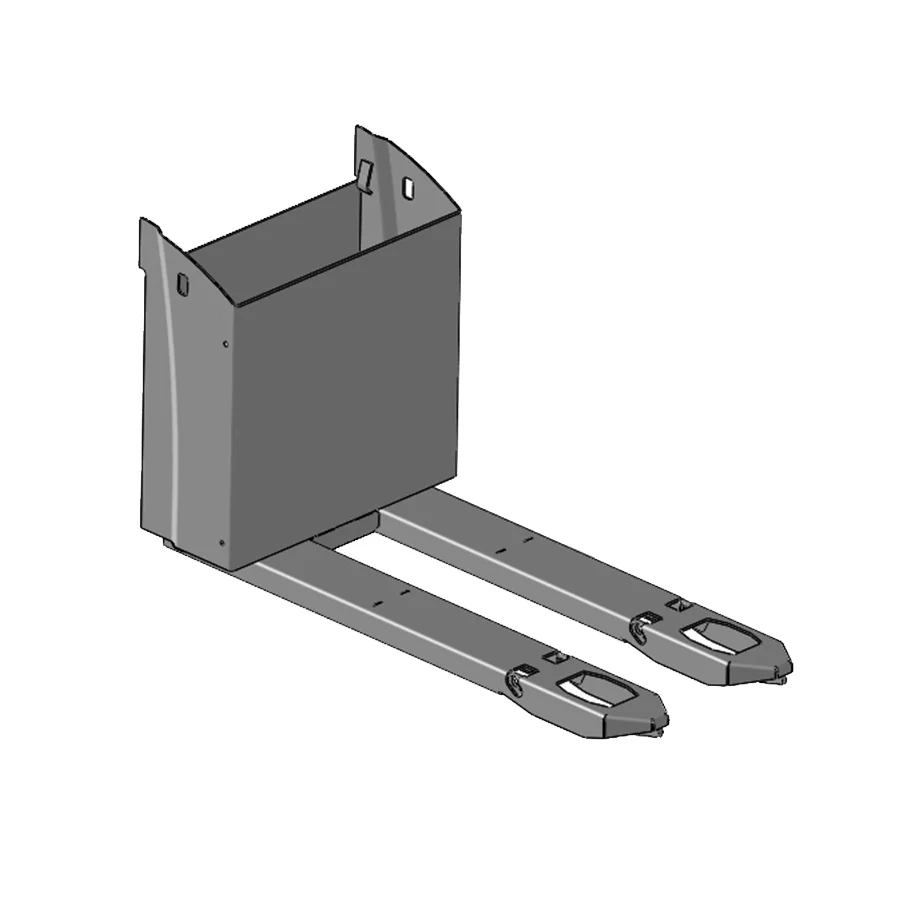
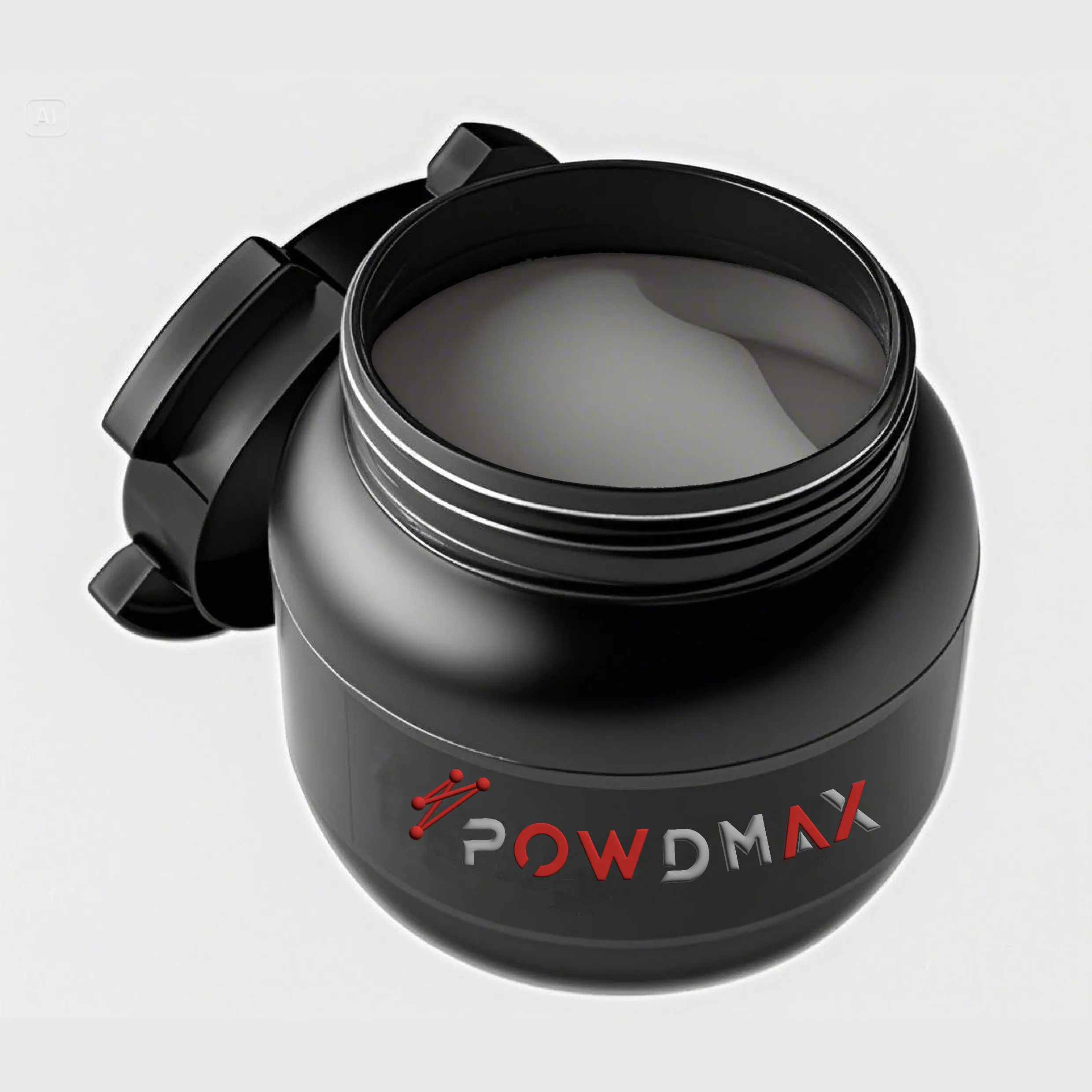

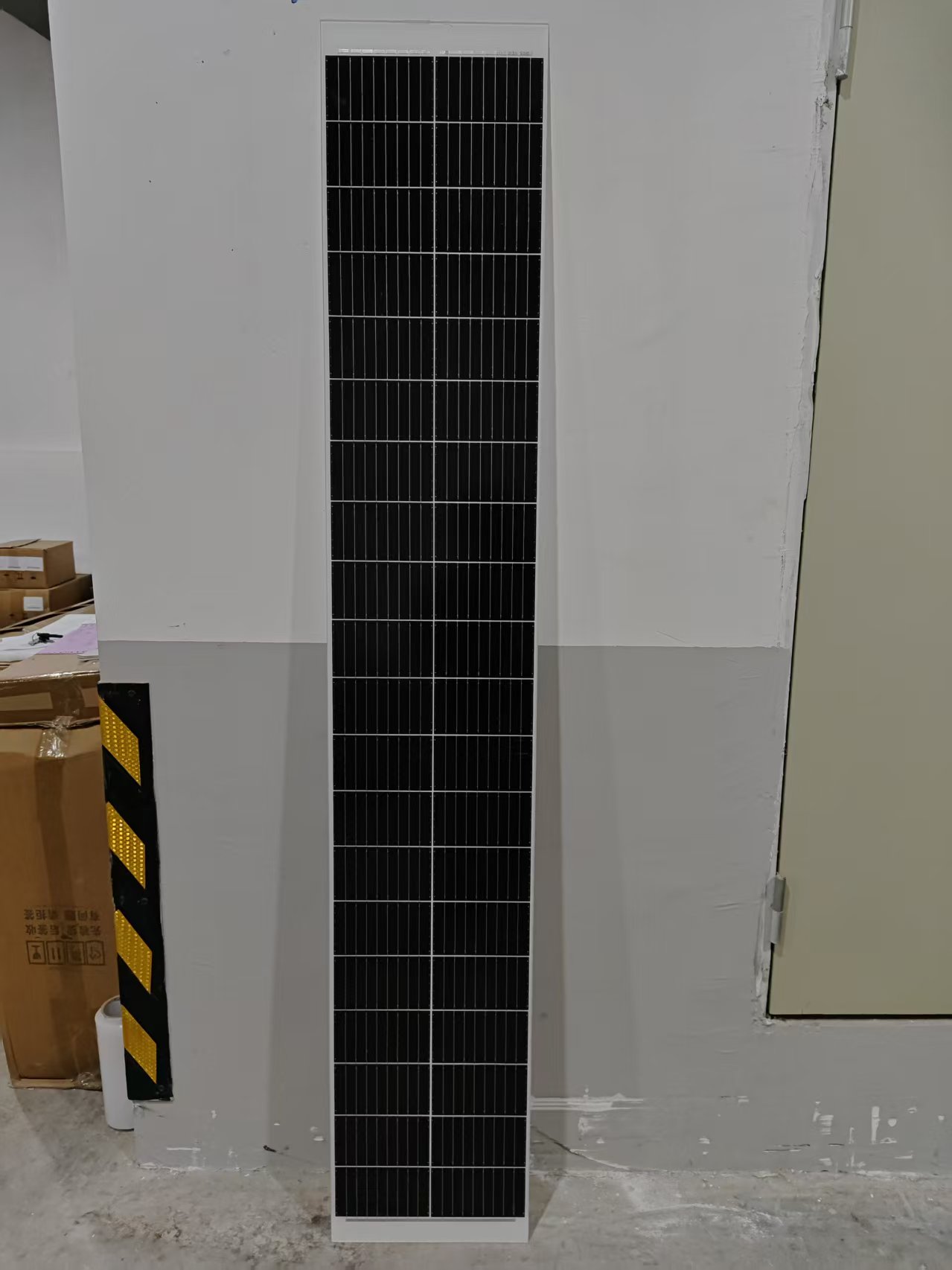
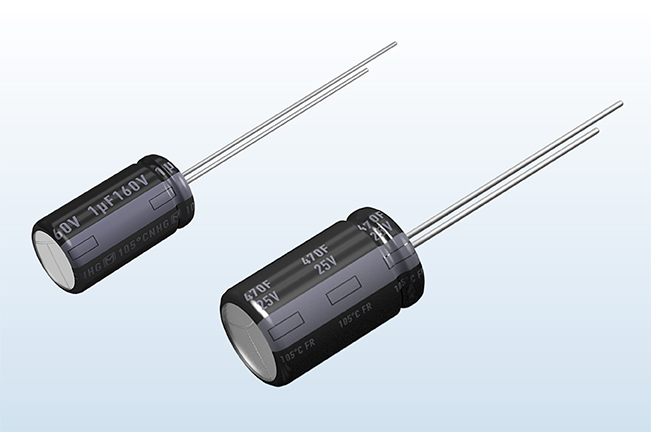
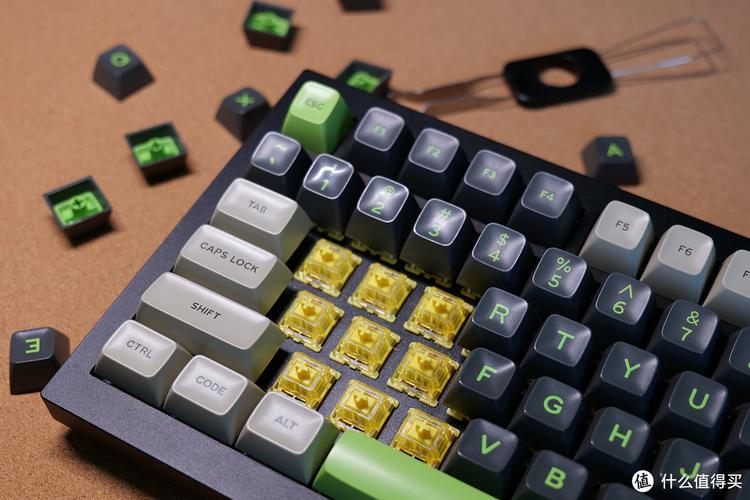
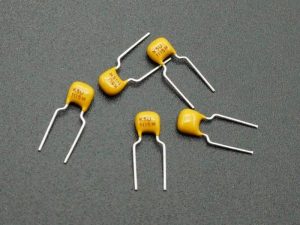
+ There are no comments
Add yours